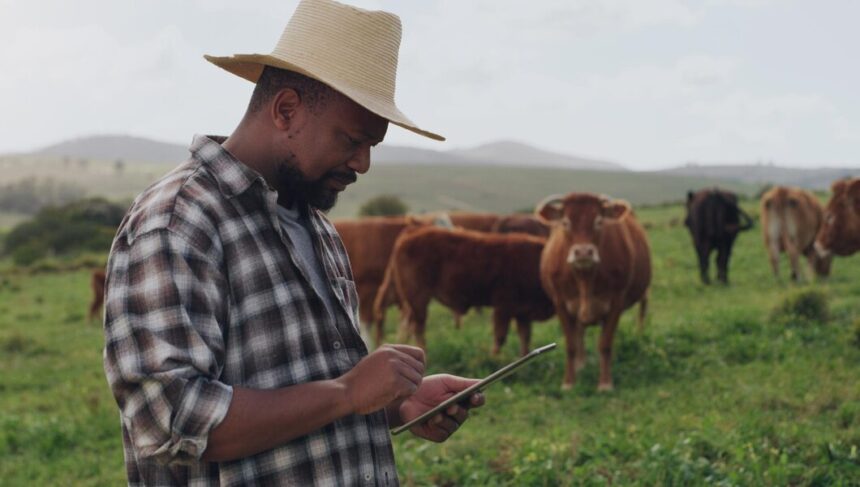South Africa’s agricultural sector is undergoing a quiet revolution, as farmers increasingly adopt new technologies to improve productivity, manage risk, and adapt to a changing climate. From precision farming tools to smart irrigation systems, innovation is transforming how food is grown across the country. Both commercial and smallholder farmers are beginning to realise the benefits of investing in technology to stay competitive in local and global markets.
One of the most notable developments is the rise of precision agriculture. This approach uses tools like GPS-guided tractors, drones, and satellite imagery to monitor and manage crops with remarkable accuracy. By mapping fields and collecting real-time data, farmers can make informed decisions about where to plant, how much fertiliser to apply, and when to irrigate. This results in reduced waste, lower costs, and higher yields—especially important in South Africa’s variable climate.
Another key innovation gaining traction is remote sensing technology. With the use of drones and satellite-based platforms, farmers can assess plant health, detect early signs of disease, and monitor soil moisture levels. These tools are particularly valuable in large-scale farming operations where regular physical inspections are not feasible. Affordable drone options are now available for smaller farms as well, making this technology accessible to a broader range of producers.
Smart irrigation systems are also making a major impact, particularly in water-scarce provinces like the Western Cape and Northern Cape. Technologies like drip irrigation and soil moisture sensors help farmers deliver water directly to plant roots, reducing evaporation and saving thousands of litres. Some systems are connected to mobile apps that notify the farmer when watering is needed, improving efficiency and conserving this precious resource.
Mobile farming apps are transforming how farmers manage operations. Platforms such as Khula!, HelloChoice, and AgriBuddy allow users to access market prices, connect with buyers, and even apply for finance or farm inputs. These tools empower farmers with information that was previously hard to obtain, helping them make better business decisions and reach new markets without relying on middlemen.
In livestock farming, the use of digital tracking and health monitoring devices is gaining popularity. Wearable sensors for cattle and sheep can track movement, monitor temperature, and alert farmers to possible signs of illness or injury. This real-time data helps reduce losses and improves animal welfare, while boosting productivity in beef and dairy operations.
Hydroponics and vertical farming are emerging in urban areas and among young agripreneurs. These soil-free methods use nutrient-rich water to grow vegetables like lettuce, spinach, and herbs in stacked layers or controlled environments. Though they require an initial investment, these systems are ideal for growing high-value crops year-round with minimal land and water use.
Biotechnology, particularly in the form of improved seed varieties, is also playing a vital role. Drought-resistant and pest-tolerant seeds developed by institutions like the Agricultural Research Council are helping farmers maintain yields even in harsh conditions. These seeds are increasingly available to both commercial growers and small-scale farmers through extension services and seed suppliers.
The adoption of renewable energy solutions, such as solar-powered pumps and off-grid cold storage units, is helping reduce energy costs while promoting sustainability. These technologies are especially beneficial for remote farms with limited access to electricity, enabling them to irrigate efficiently and store produce longer, thereby reducing post-harvest losses.
Training and access to finance remain critical to ensuring that these technologies benefit more farmers across the country. Government programmes, agricultural cooperatives, and private sector partnerships are beginning to play a role in closing the gap between innovation and implementation. With continued support, technology will continue to unlock the full potential of South Africa’s agricultural sector, making it more resilient, profitable, and sustainable for future generations.
Join 'Farmers Mag' WhatsApp Channel
Get the latest Farming news and tips delivered straight to your WhatsApp
CLICK HERE TO JOIN






